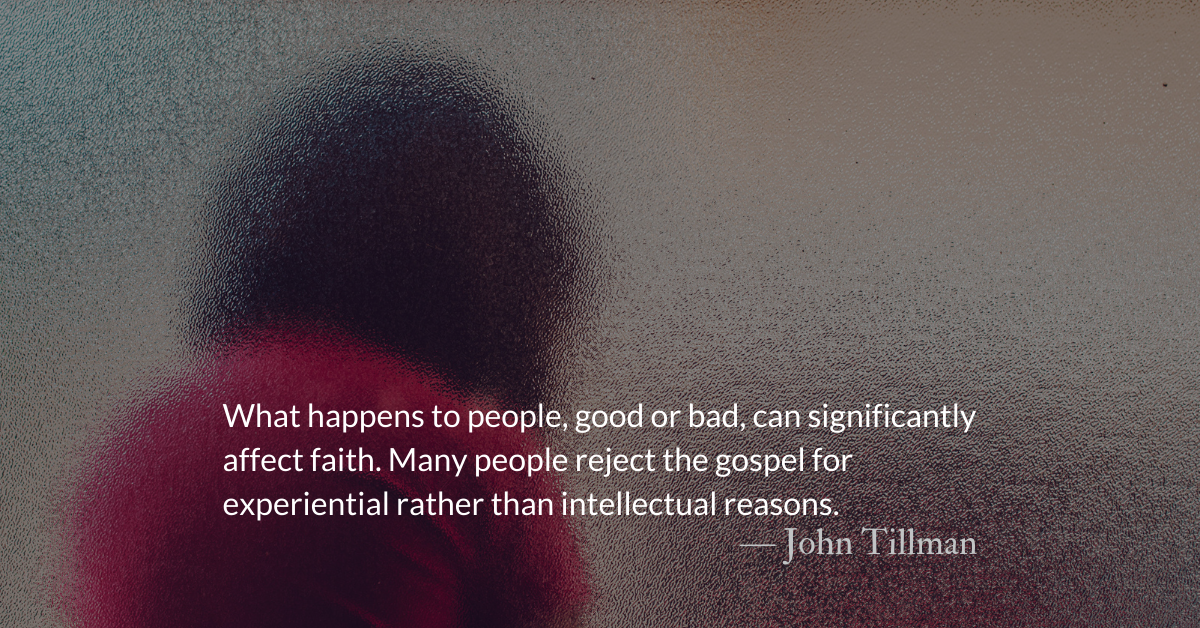Scripture Focus: Exodus 5:20-23
20 When they left Pharaoh, they found Moses and Aaron waiting to meet them, 21 and they said, “May the Lord look on you and judge you! You have made us obnoxious to Pharaoh and his officials and have put a sword in their hand to kill us.”
22 Moses returned to the Lord and said, “Why, Lord, why have you brought trouble on this people? Is this why you sent me? 23 Ever since I went to Pharaoh to speak in your name, he has brought trouble on this people, and you have not rescued your people at all.”
Reflection: Do You Know The Enemy?
By Erin Newton
I have a love for science-fiction and fantasy, including most youth fiction. The Hunger Games tells a good story about an other-worldly apocalyptic fight for survival. At the climax of one book, the scene unfolds into a life-or-death decision by the heroine. She points her weapon, and the targeted character throws his hands up and yells, “Remember who the real enemy is!”
As we read through the Old Testament, there is always the risk that we will lose sight of the battle being fought. The stories are a reflection of something greater.
Moses returns from his meeting with God to confront Pharaoh. He makes his case and Pharaoh receives it about as well as you could imagine. Terrible. Horrible. It makes Pharaoh respond cruelly to the Hebrews. Moses is distraught.
Pharaoh plays the villain in this story. There is no denying that, even if we get into circular conversations about who hardened who’s heart. The protagonist is Moses. The Hebrews are the victims of the conversational drama between Pharaoh and Moses.
Is this really a story of a righteous man versus a mean bully? No, they are simply playing their parts. They have free will to comply with or reject the requests made to them: Yahweh’s call to Moses and Moses’s plea to Pharaoh. Who is the real enemy here?
Pharaoh was Egyptian royalty and that meant he was the supposed manifestation of an Egyptian god. Moses, an image-bearer of God, was the spokesperson for Yahweh. This is not just a tale of former stepbrothers vying for influence over the Hebrew slaves. This is a story that reveals the power of Moses’ God and the impotence of Pharaoh’s nonexistent pantheon.
The next chapter opens with God’s reassurance to Moses that signs and wonders will come to Egypt. Pharaoh and his people are about to take a front-row seat to a supernatural revelation.
Do we remember who the real enemy is or are we too focused on the powers of this earth? Paul reminds us that we do not struggle against flesh and blood but against the spiritual forces of evil in the heavenly realms (Ephesians 6.12).
The conflict in Exodus is real. The oppression of the Hebrews is not lessened by viewing this as a spiritual battle. The effects were bodily and painful. There is, however, hope in knowing God is at battle in our suffering. He never loses.
Divine Hours Prayer: The Morning Psalm
Rescue me from the hurtful sword and deliver me from the hand of foreign peoples,
Whose mouths speak deceitfully and whose right hand is raised in falsehood… Psalm 144.11-2
Today’s Readings
Exodus 5 (Listen 3:15)
Matthew 16 (Listen 3:43)
Read more about Christ the Enemy of Death
Christ confronts, on our behalf, our greatest enemies—sin and death. Christ is the deadly enemy of death.
Read The Bible With Us
It’s never too late to join our Bible reading plan. Immerse in the Bible with us at a sustainable, two-year pace.
https://mailchi.mp/theparkforum/m-f-daily-email-devotional









